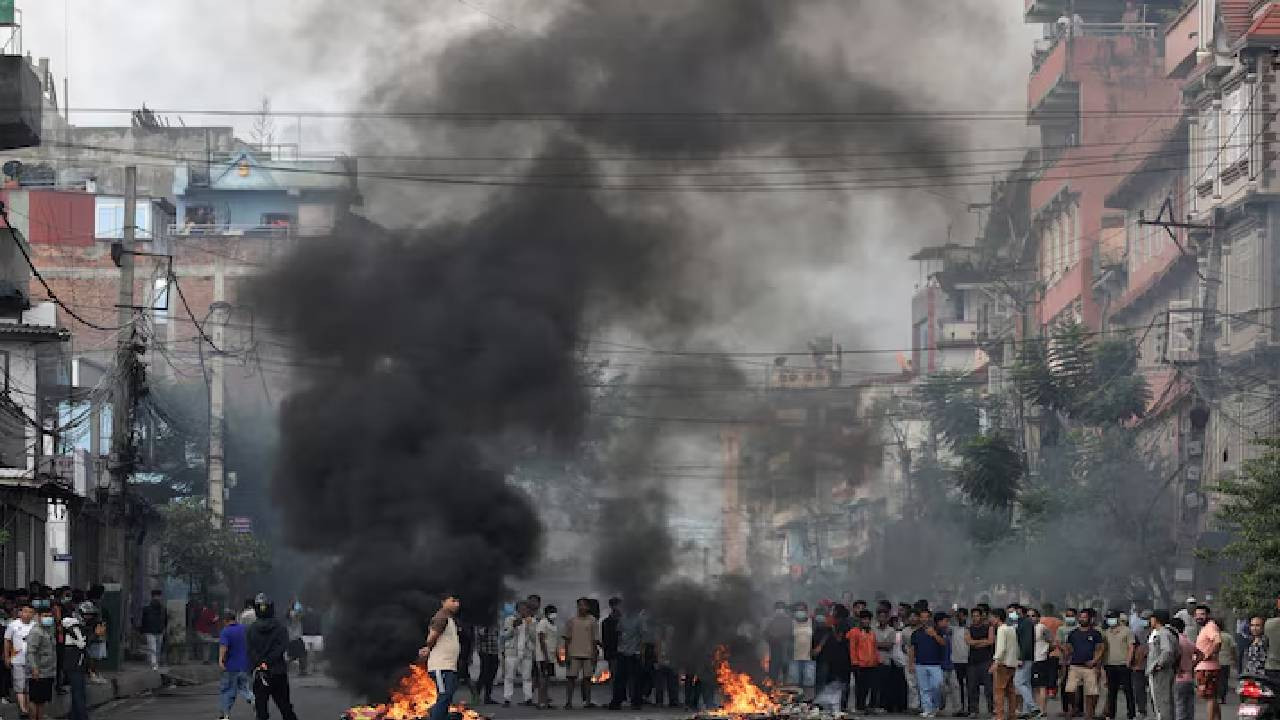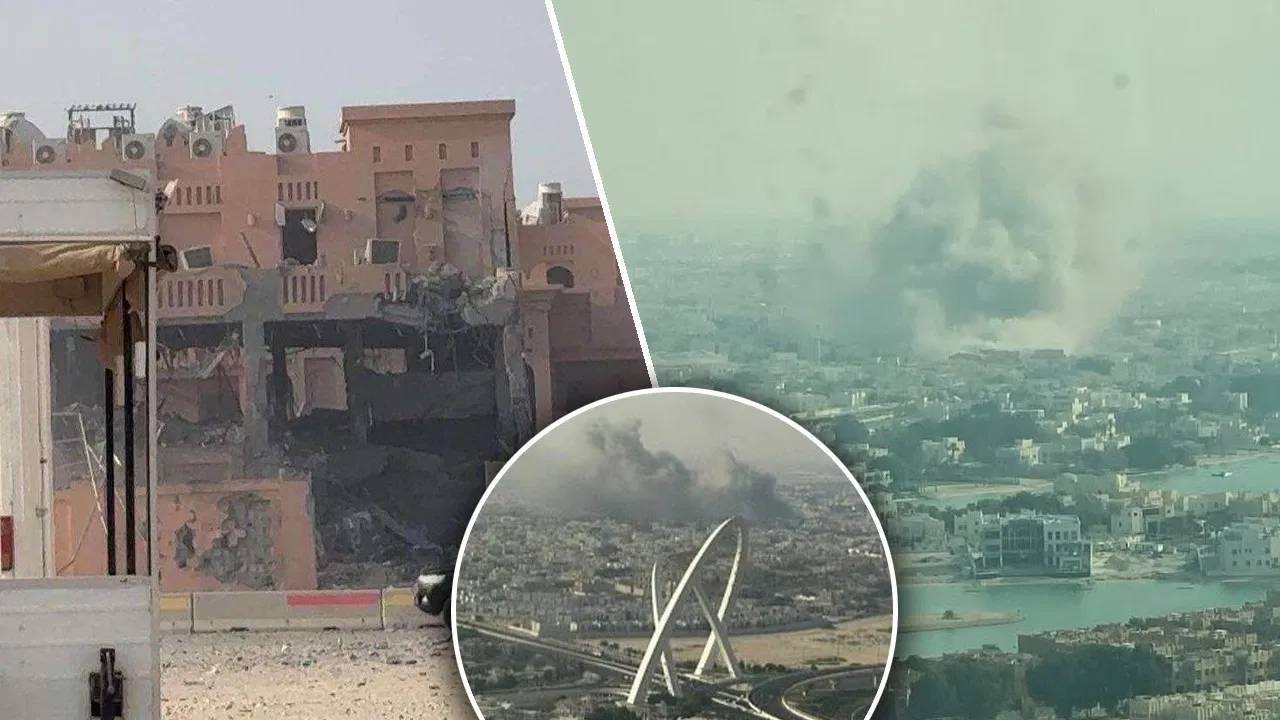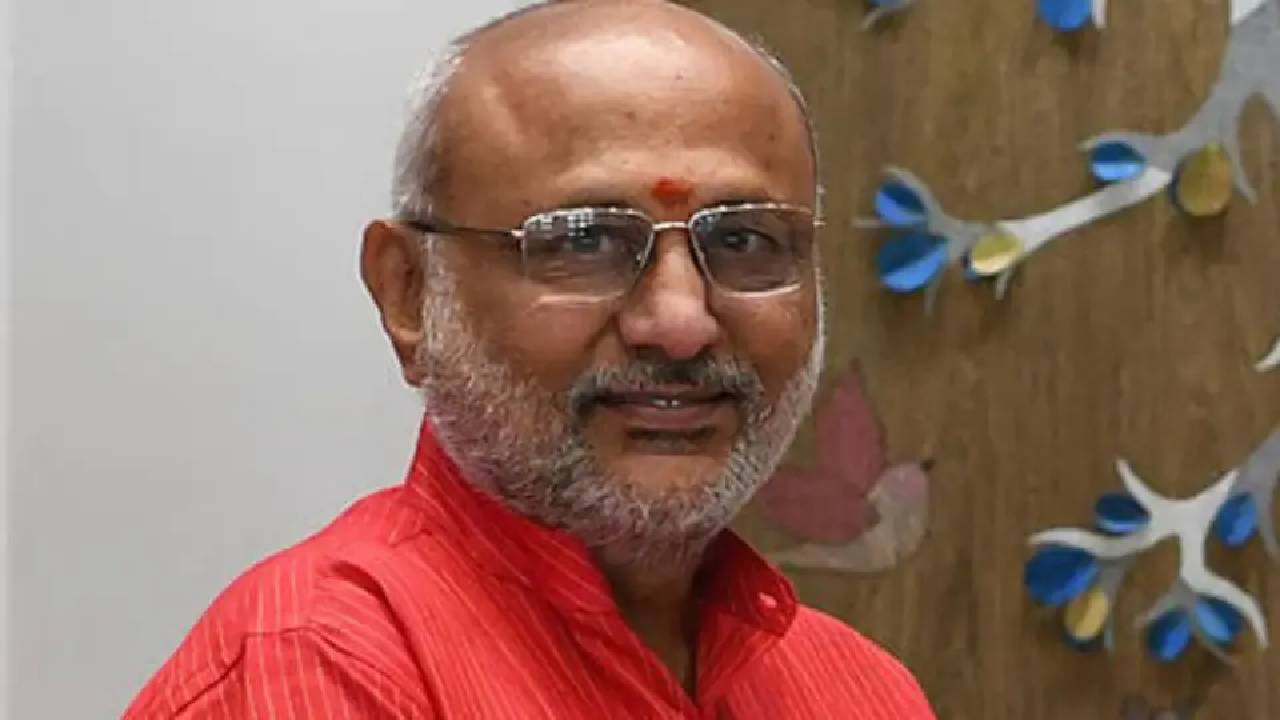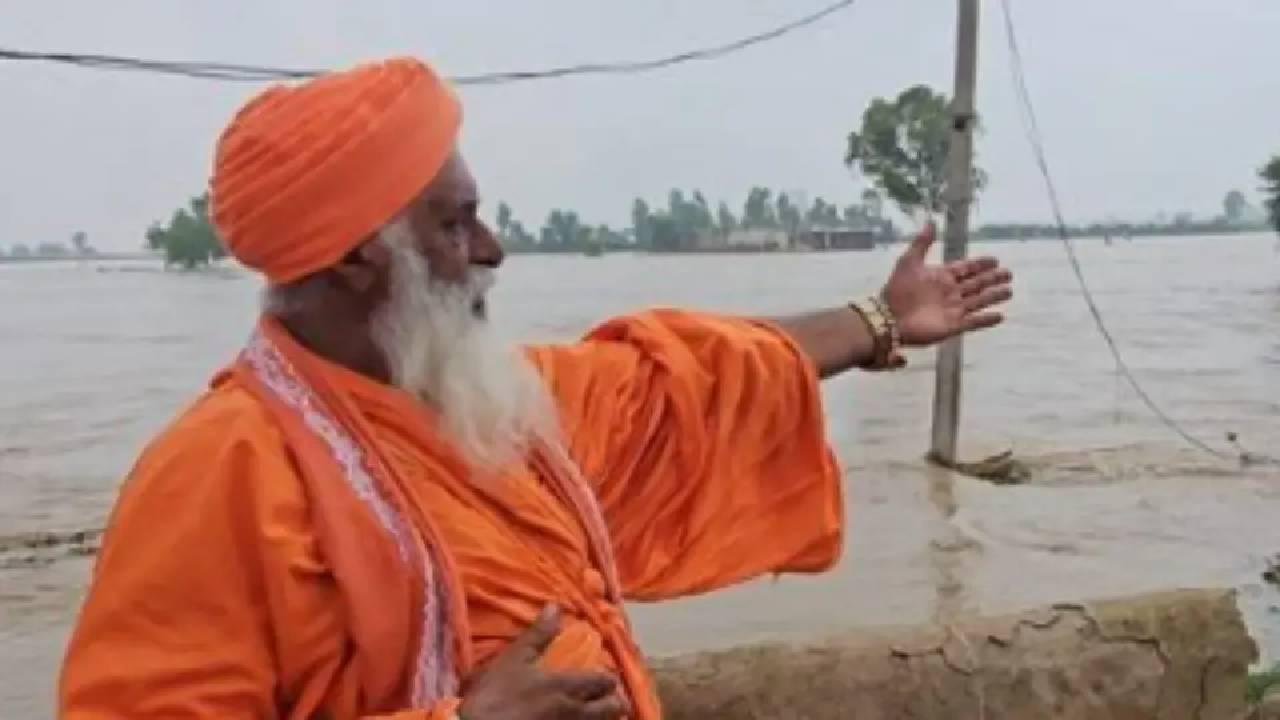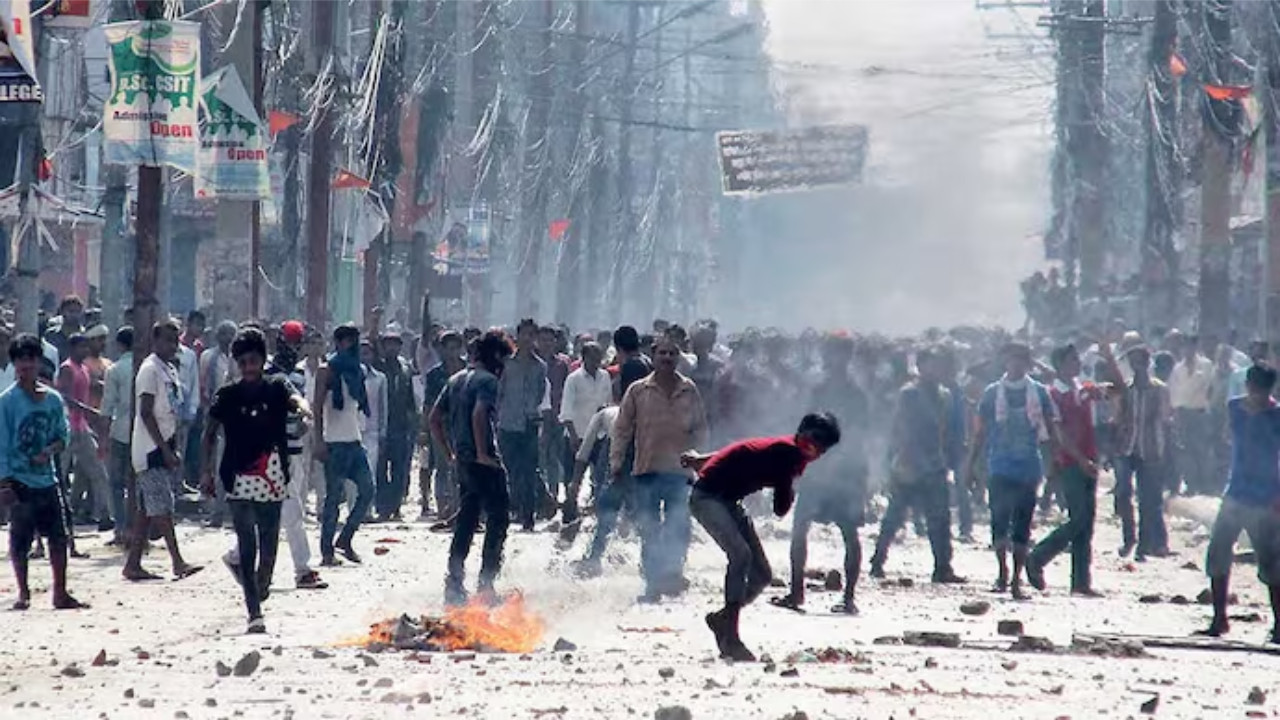International News: As soon as social media was banned in Nepal, the fire broke out. From Kathmandu to the whole country, the youth came out on the streets and the police were left helpless. The anger was so much that Prime Minister KP Sharma Oli had to resign. Now the news is that Oli is preparing to leave the country and go to Dubai. This incident is no less than an earthquake for Nepal's politics.
Public anger in Bangladesh
In the year 2024, the situation in Bangladesh went out of control. There were violent protests across the country including the capital Dhaka against the government of Prime Minister Sheikh Hasina. It was alleged that the Awami League was suppressing the opposition. In August 2024, the situation worsened so much that Hasina had to leave power and flee the country. This was the biggest setback for Bangladesh politics.
Ruckus against army in Pakistan
Imran Khan's arrest in Pakistan in 2023 changed everything. After his arrest in the Toshakhana case, his supporters took to the streets. Government buildings were burnt from Lahore to Islamabad. Army bases were also targeted. The internet was shut down and curfew-like conditions prevailed. This was the first time when the public directly vented its anger against the army.
Aragalaya movement of Sri Lanka
In 2022, the economic crisis in Sri Lanka brought people to the streets. Inflation, fuel shortages and power cuts forced the public to revolt. Thousands of protesters reached the Presidential Palace in Colombo. President Mahinda Rajapaksa had to leave the country. This movement was called the 'Aragalaya Movement' and it changed the face of Sri Lankan politics.
Taliban return to Afghanistan
In 2021, the US withdrew its troops from Afghanistan after 20 years. After this, the Taliban took over rapidly. President Ashraf Ghani fled the country as soon as he took control of the capital Kabul. Democracy was replaced by the harsh rule of the Taliban. Afghanistan once again fell into the grip of terror and dictatorship.
Big lesson for India
In four years, power changed in four neighbouring countries of India. The reasons were different in each country, but the message was the same that no government can survive if the public is angry or the situation worsens. This is a lesson for India that instability in the neighbourhood can become a challenge for it too.



